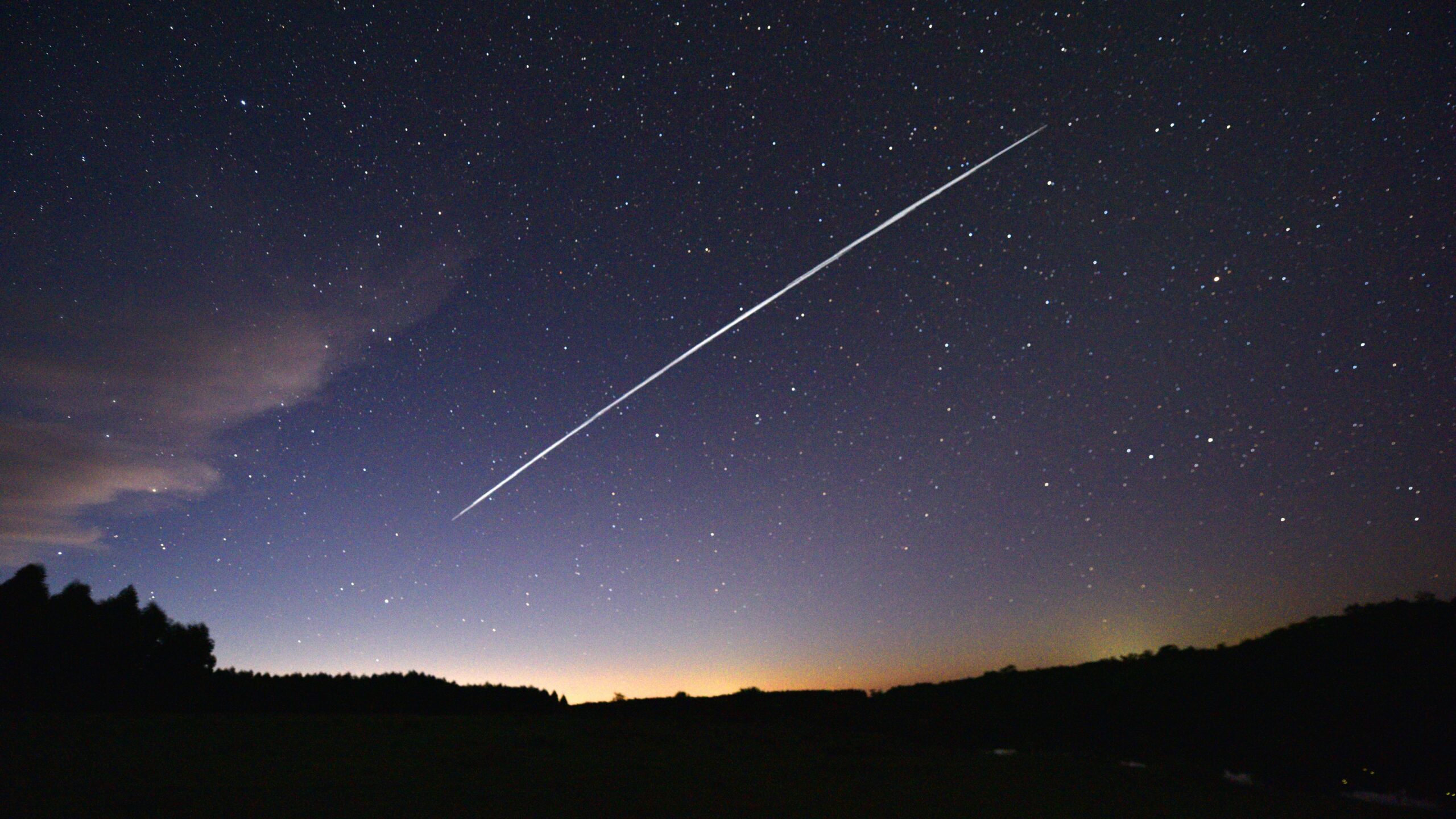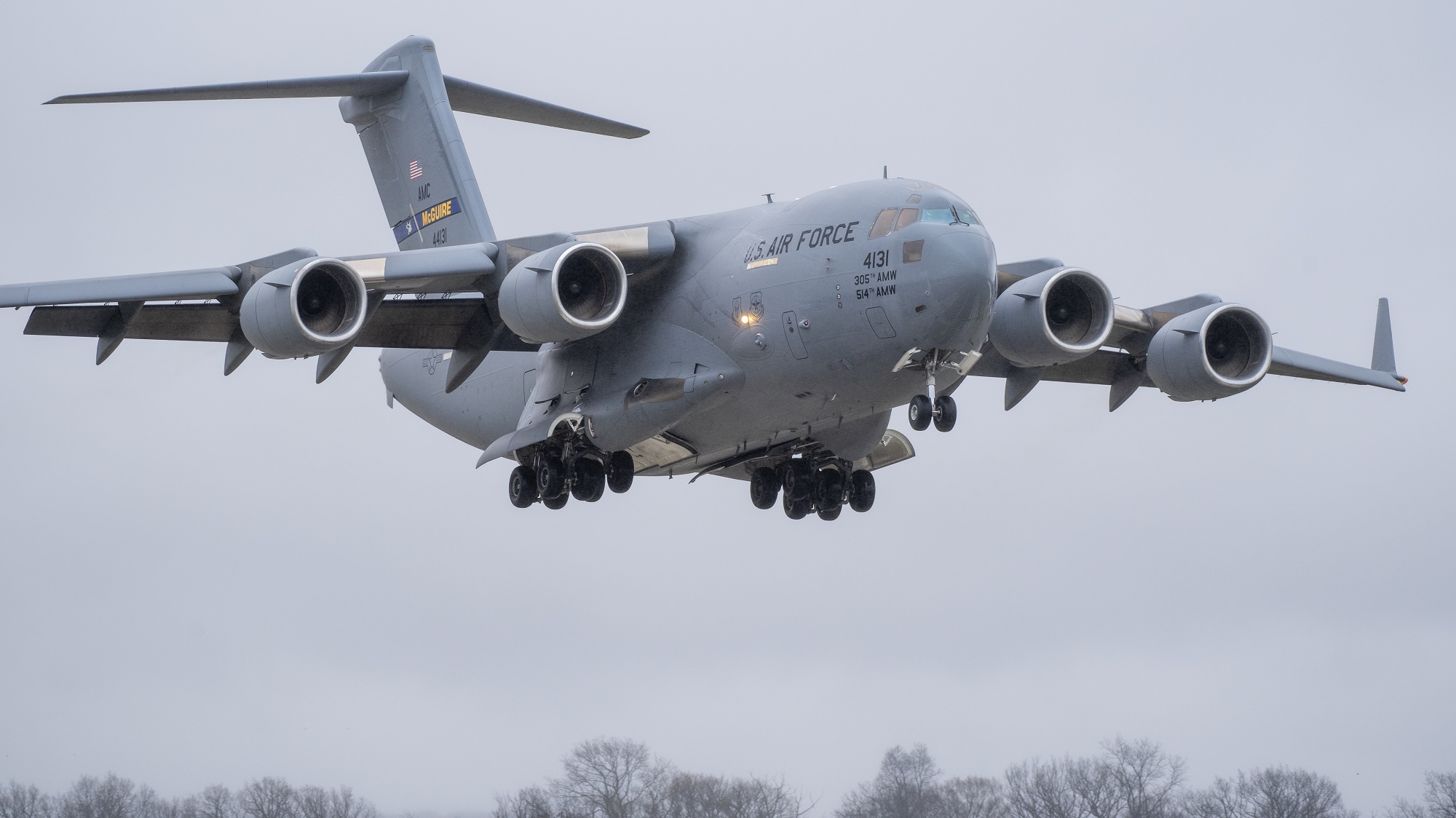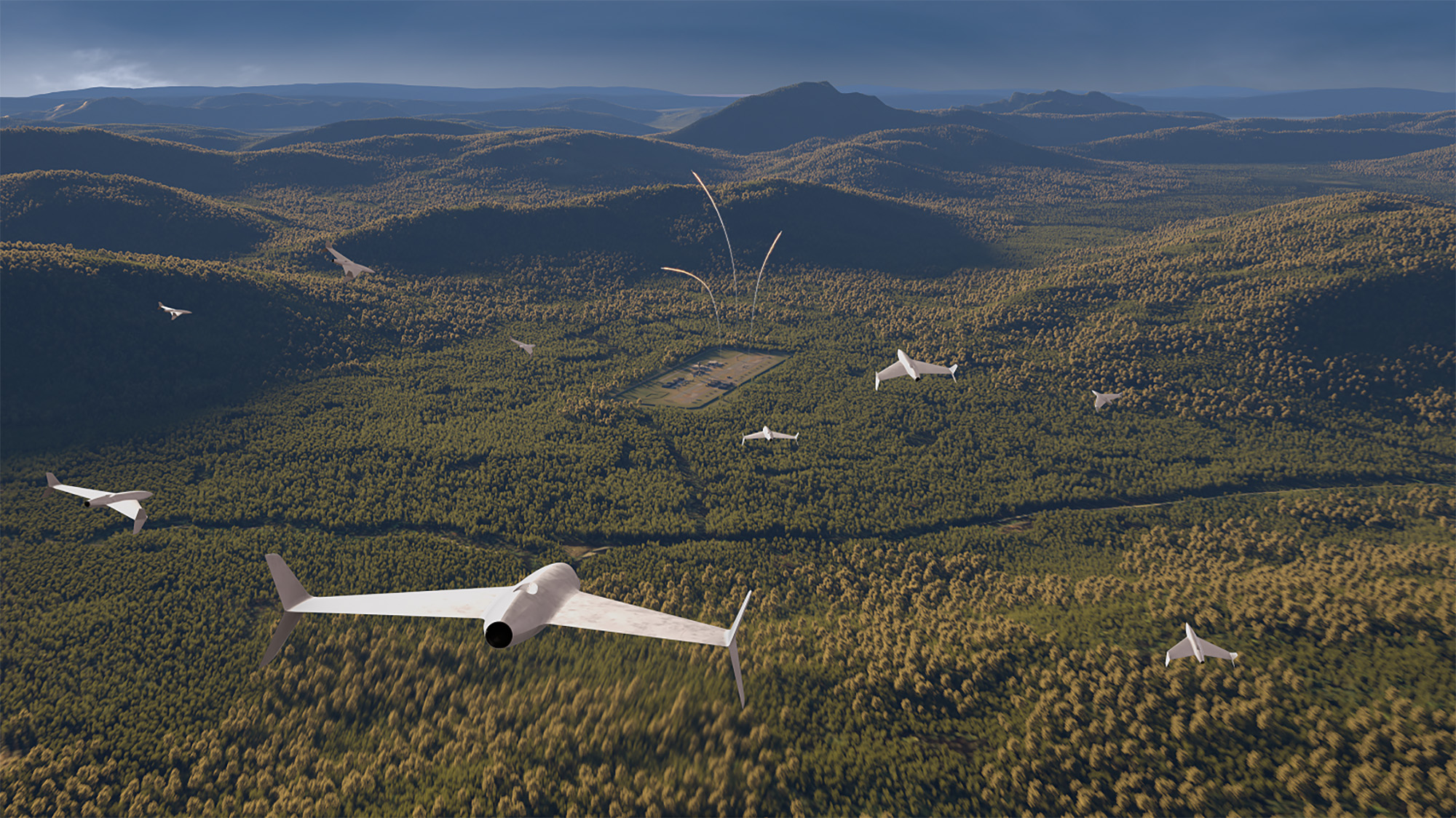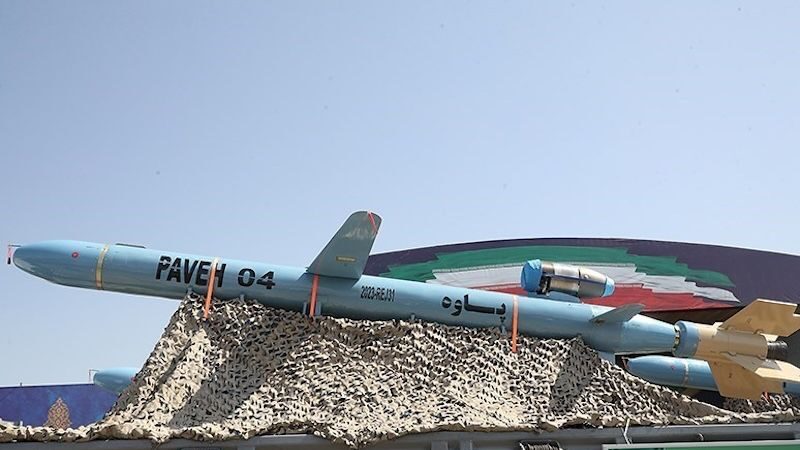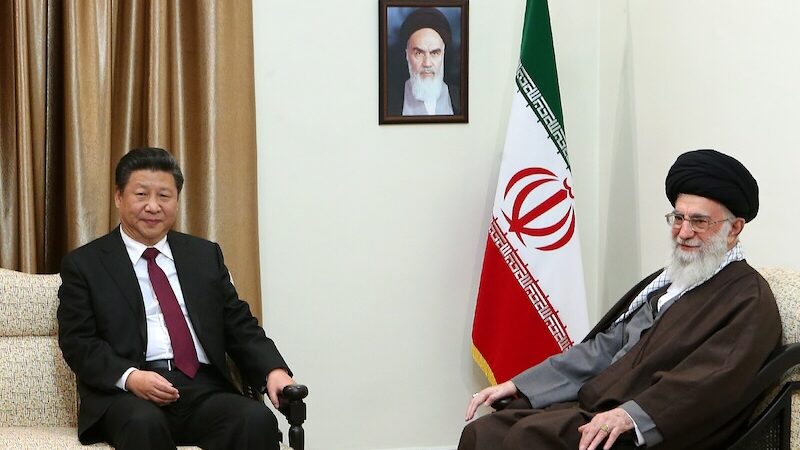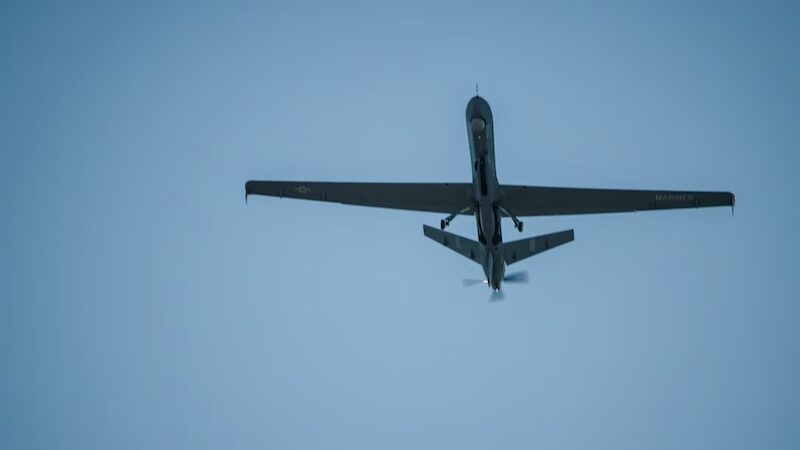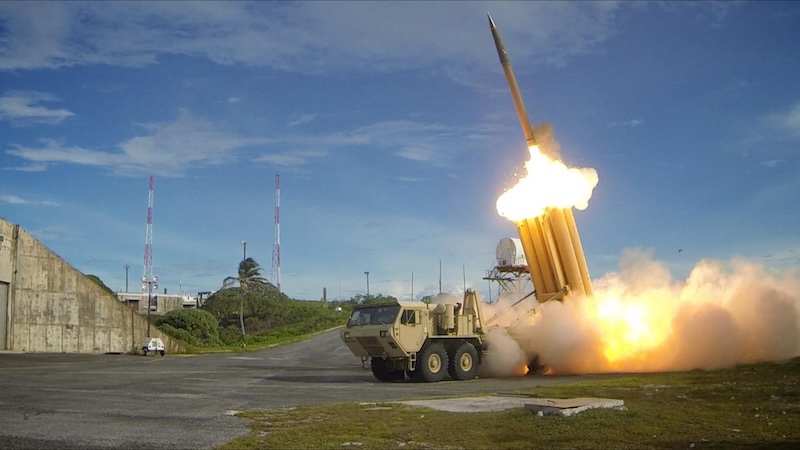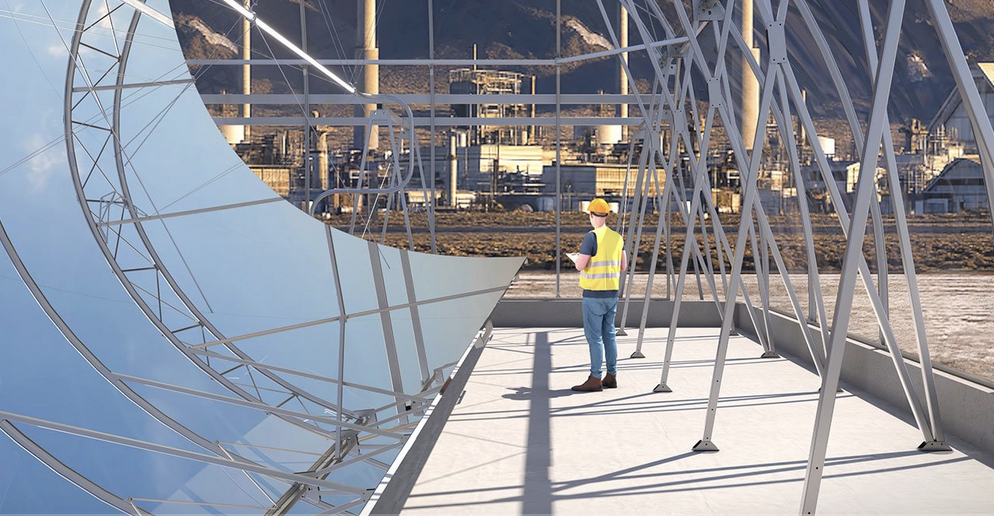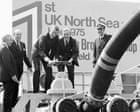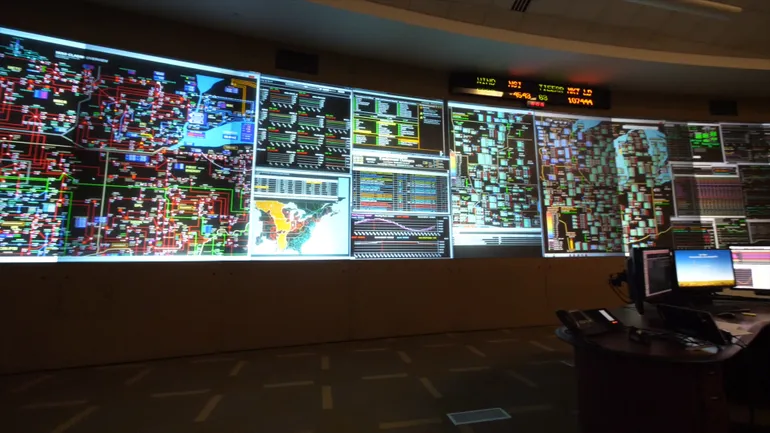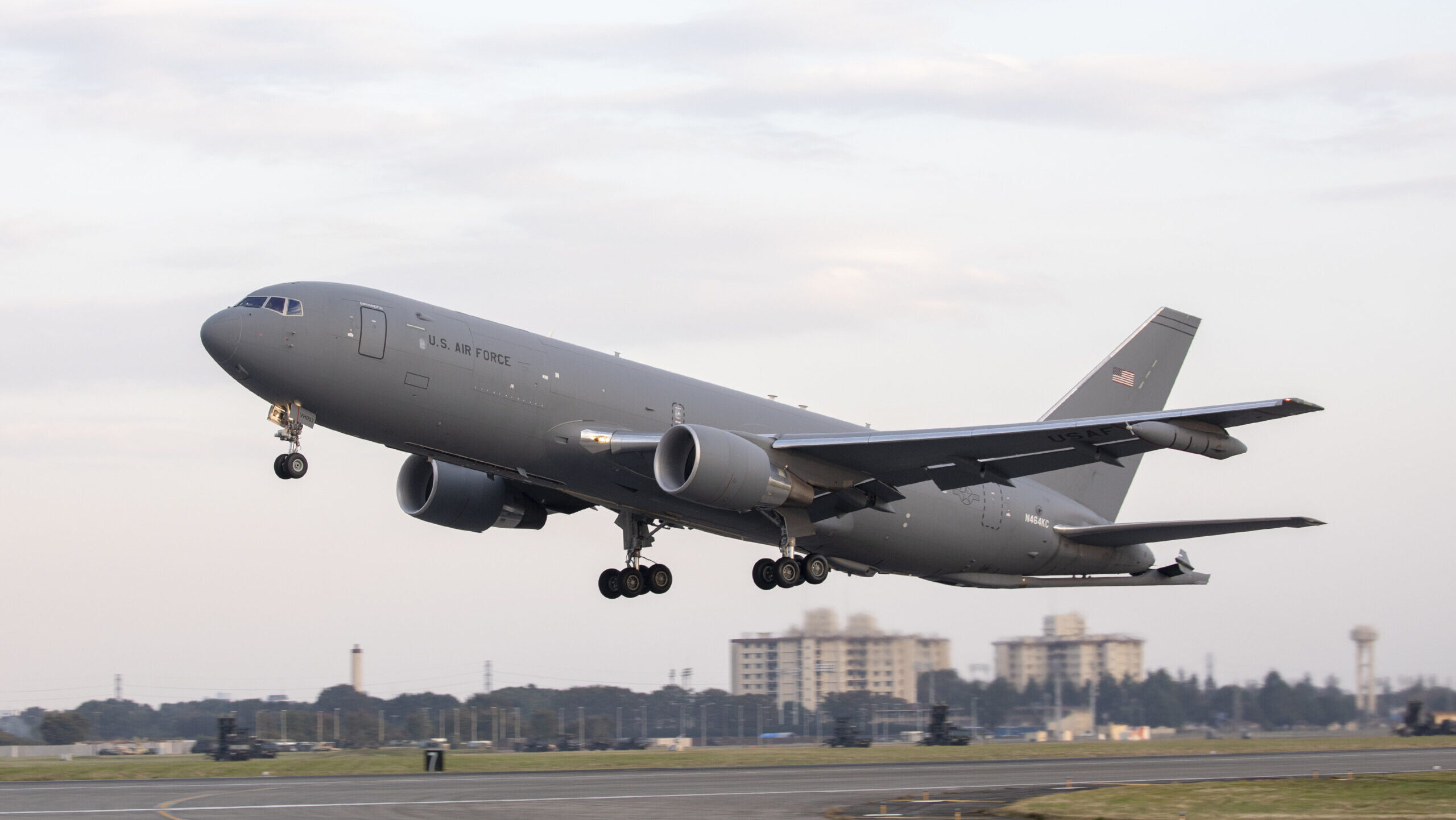Why Hezbollah might sit out the Israel-Iran conflict
“The broader Lebanese population sees little strategic or national benefit in entangling their fragile country further in Iran’s own agenda, particularly after the heavy toll they have already paid,” one analyst told Breaking Defense.


A military vehicle belonging to the Lebanese army in Serda, a town in the Marjayoun region of Lebanon’s southern Nabatieh province, after the Israeli army withdrawal (Getty Images)
BEIRUT — As Israel and Iran approach one week of trading airstrikes, and some outsiders, like the Yemeni Houthis have gotten involved, there’s one group notably absent from the conversation: Hezbollah.
Once considered Iran’s most powerful proxy, the armed Lebanese group has been hobbled by Israel in recent months and is not likely to directly intervene in Tehran’s fight against Jerusalem, according to experts and former senior Lebanese military officials — at least for now.
“I doubt that Hezbollah will make a move [to attack Israel] because the game is over in the Middle East as a whole,” retired Lebanese armed forces Gen. Wehbe Katicha told Breaking Defense, going as far as to say the Iranian “project’ in the region “and its empire … are behind us now.”
In a Monday cabinet meeting, Lebanese President Joseph Aoun and Prime Minister Nawaf Salam urged Hezbollah to keep out of the fight. Salam highlighted the need “to prevent Lebanon from being dragged or pushed in any way in the ongoing regional war,” according to a statement issued by the cabinet.
In years past Hezbollah, a powerful political as well as military force in the country, may have ignored such a directive from the political establishment. But prior to Salam’s warning, a Hezbollah spokesperson told Newseek on Friday that the group “is committed to the ceasefire agreement” between it and Israel.
Ali Bakir, a professor at Qatar University and non-resident senior fellow at the Atlantic Council’s Scowcroft Middle East Security Initiative, explained that one reason Hezbollah won’t join the fight is that “Israel significantly weakened Hezbollah during last year’s confrontations, forcing it into what many observers viewed as a de facto surrender agreement.”
Hezbollah had joined the fight against Israel after the Oct. 7, 2023 attack by Hamas, but over the course of the war Israel responded with devastating airstrikes, taking out Hezbollah leadership, including longtime group head Hasan Nasrallah, and injuring hundreds of Hezbollah members using boobytrapped pagers and walkie talkies. Iran notably opted not to publicly help its longtime ally, and Hezbollah signed a ceasefire deal with Israel last November.
“There is strong conviction within Lebanese public opinion — and even among circles close to Hezbollah — about why Lebanon should bear the cost of defending Iran, especially when Iran left Hezbollah alone during its time of need and failed to support Lebanon in any way,” Bakir said. “The broader Lebanese population sees little strategic or national benefit in entangling their fragile country further in Iran’s own agenda, particularly after the heavy toll they have already paid.”
Likewise, Daniel Byman of the Center for Strategic and International Studies, wrote after Israel’s first strikes on Iran that Tehran “may still push” its proxies to strike back on its behalf, but “Hezbollah in particular would be reluctant to restart a fight it knows it would probably lose.”
However, Bakir and the former senior Lebanese military officials said there is always a chance Hezbollah could decide to reverse course and join in. A second retired general in the Lebanese armed forces, Maroun Hitti, said there was just one instance where he could see that happening.
“We should expect that as the battle unfolds, and as the Iranian regime gets cornered, it may have recourse to desperate measures. Hezbollah would then go for broke, intervene and commit suicide with all the collateral damages to Lebanon,” Hitti told Breaking Defense.
That, Bakir said, would be “catastrophic” for Lebanon.
“The country is still reeling from the destruction and economic devastation of the previous war,” he said.
More recently, however, another complication has arisen: the possibility of direct American involvement on behalf of Israel. American troops in the region have long been seen as potential vulnerable to attack not only directly by Iran, but through its proxies in including Hezbollah.
In a statement today, Hezbollah parliamentary bloc Al Wafaa Lel Mokawama said that “United States’ direct military involvement in the war will inevitably change the context of the confrontation and will push the entire region toward a explosion.” However, the group made no mention of Hezbollah joining the fight.







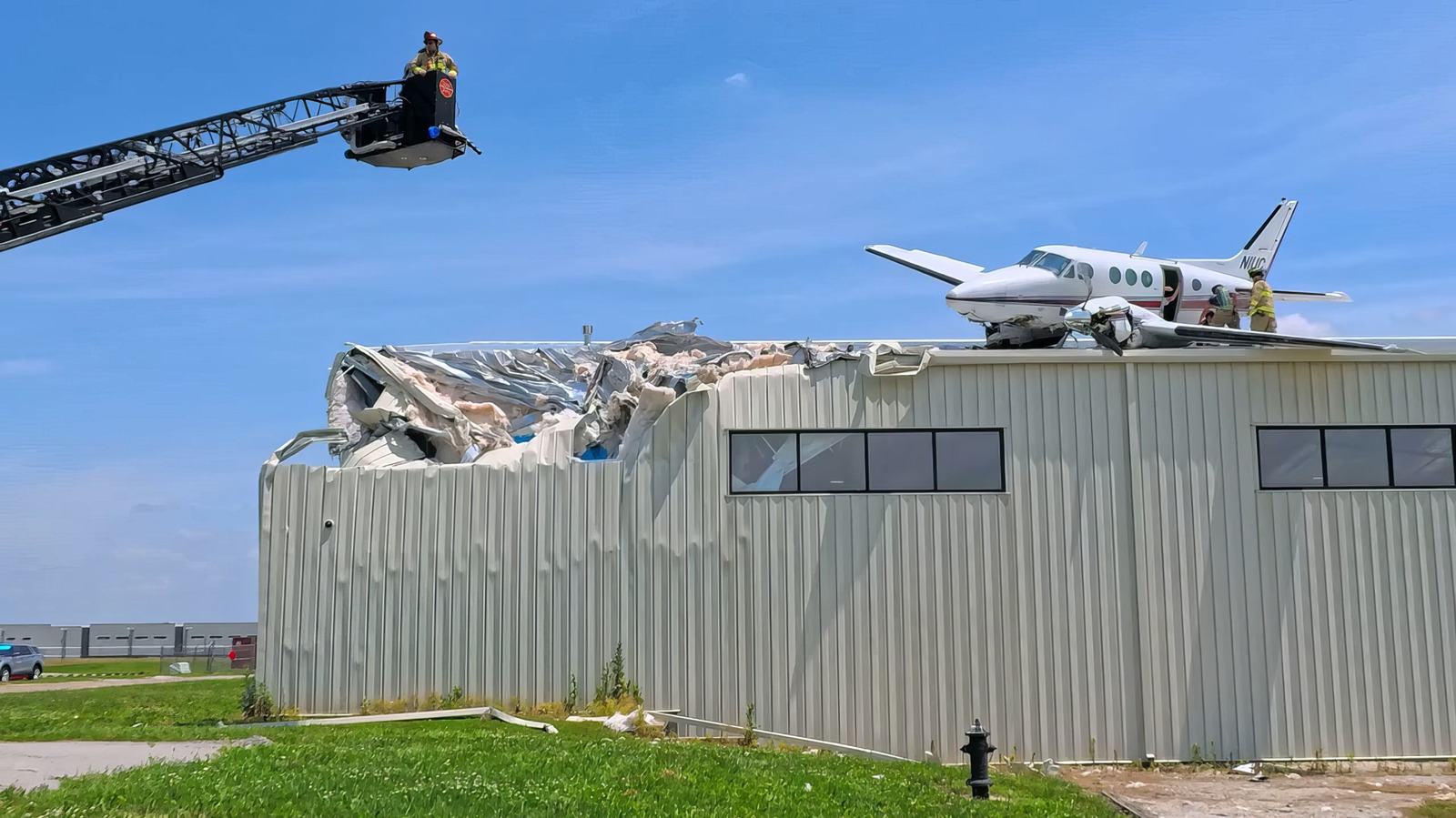



















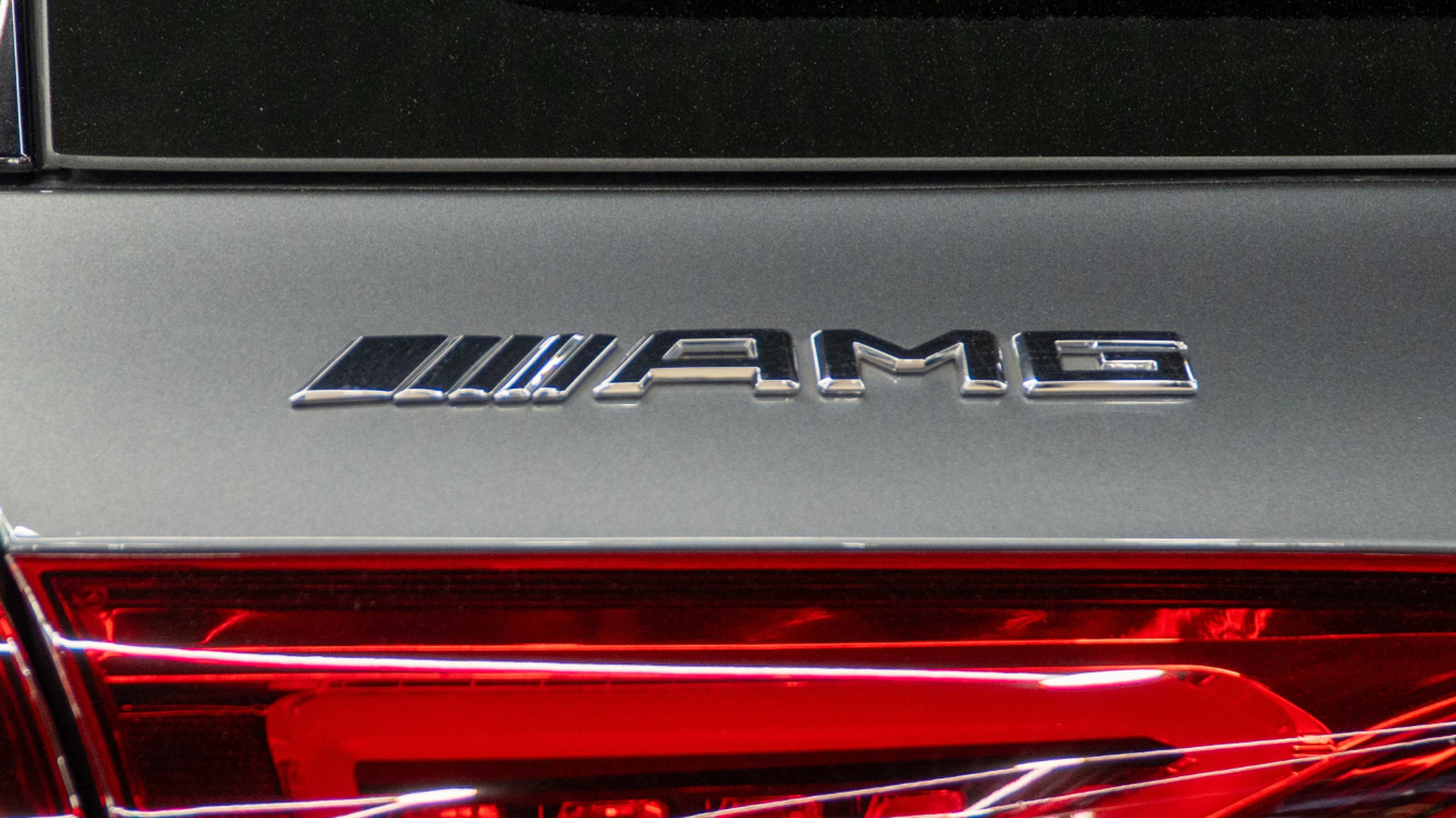
































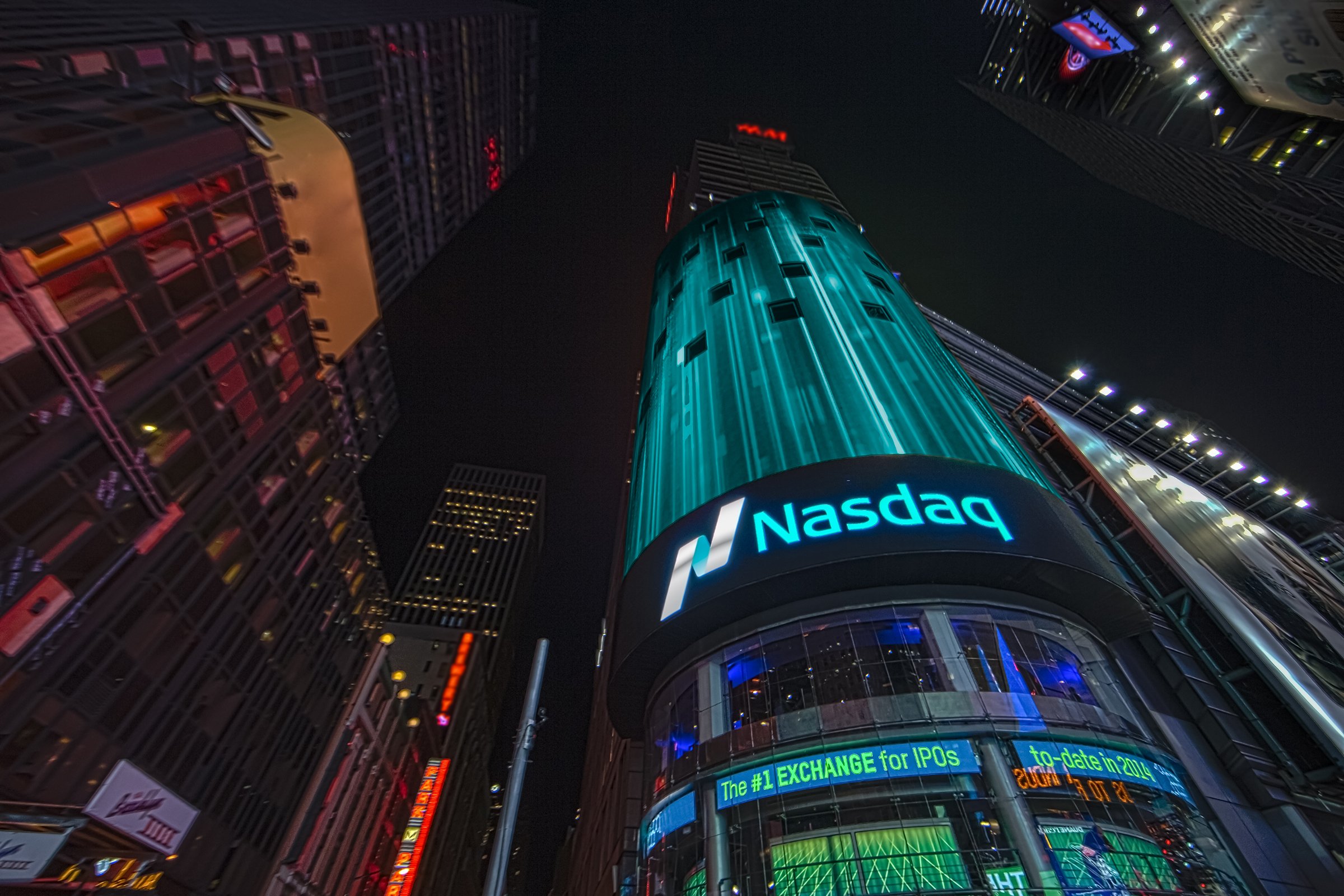



















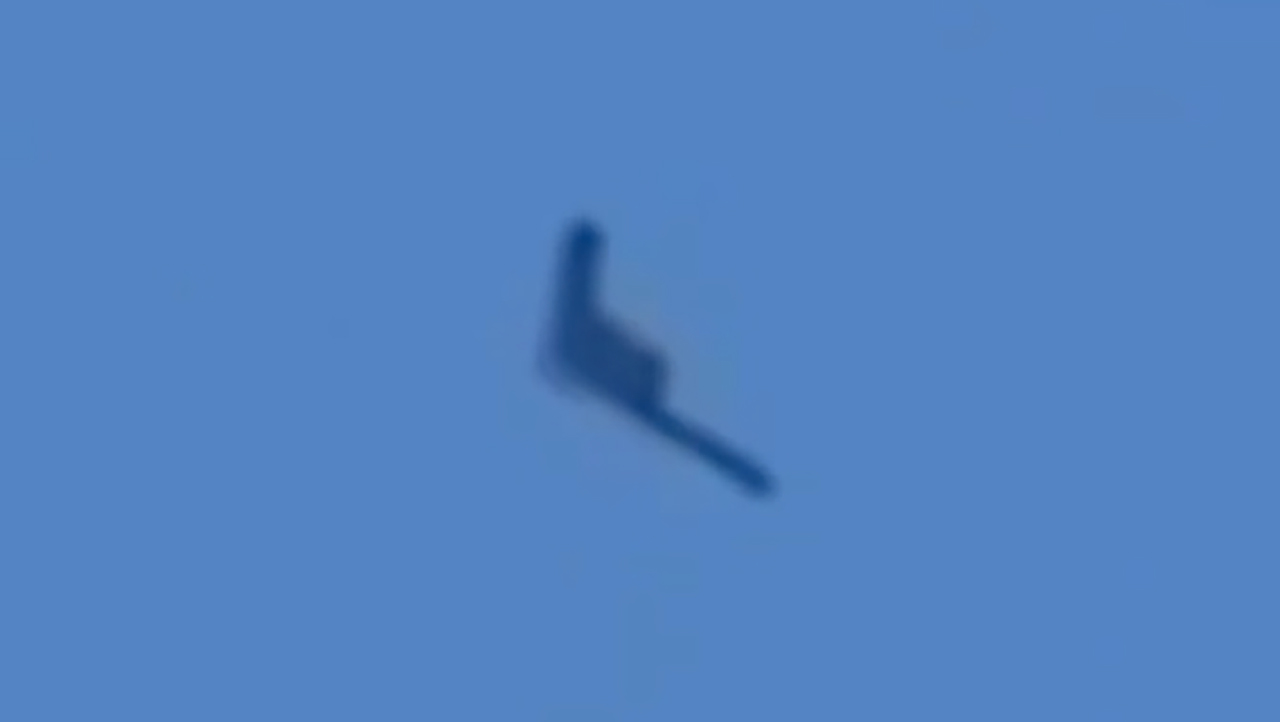
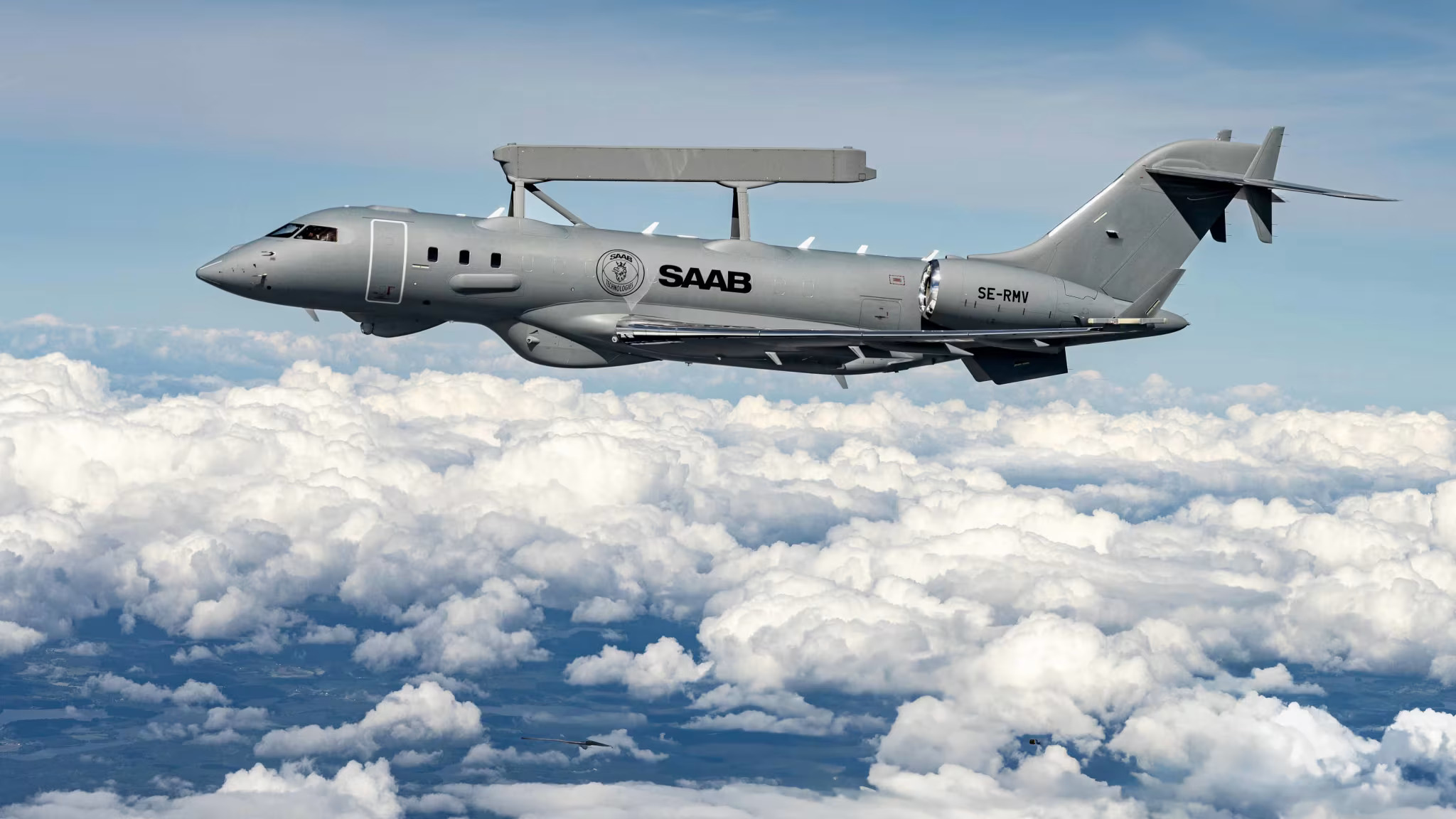
![A look at the jets flying high above the Paris Air Show [PHOTOS]](https://breakingdefense.com/wp-content/uploads/sites/3/2025/06/Rafale_02-scaled-e1750268097167.jpg?#)

